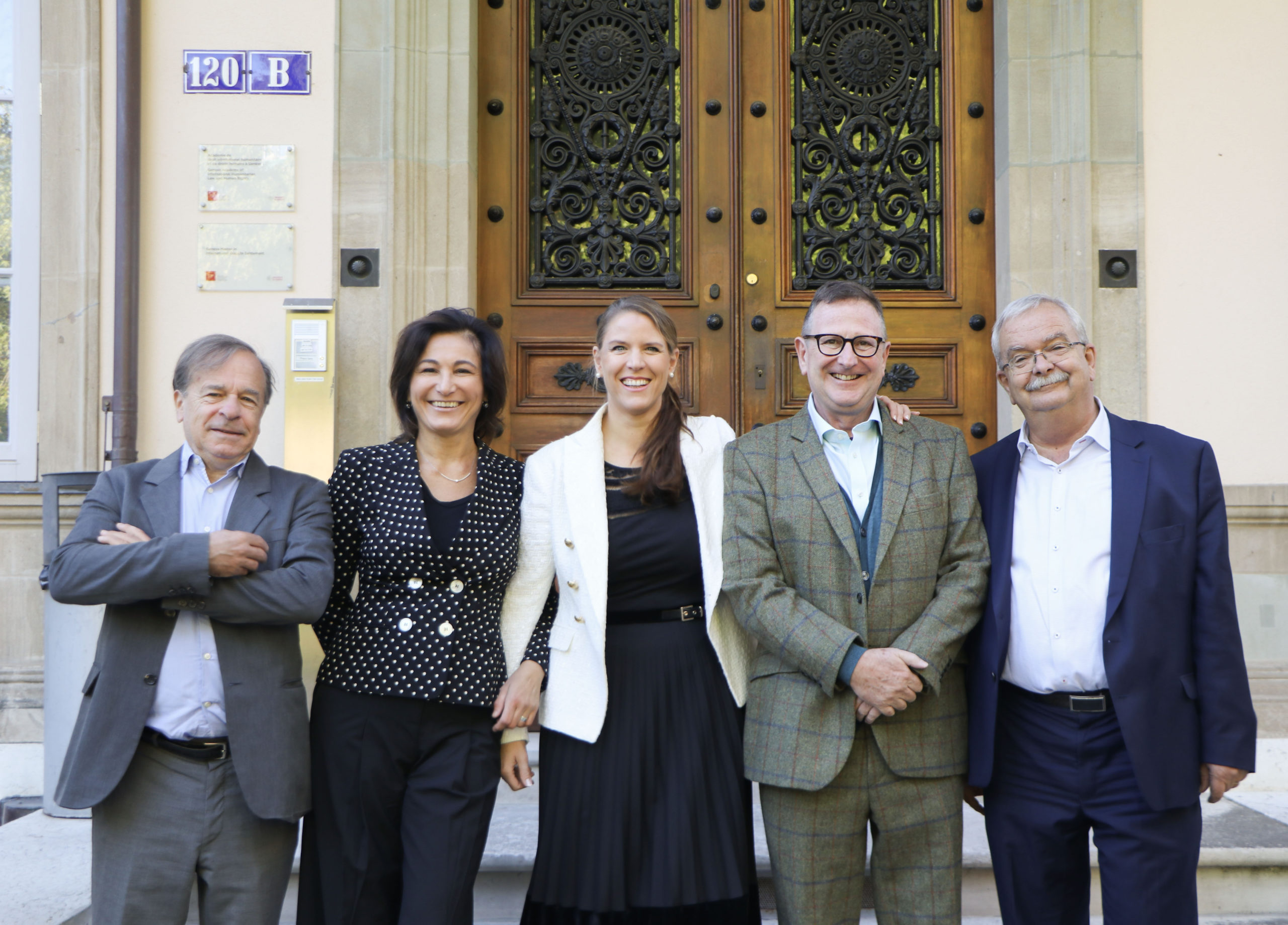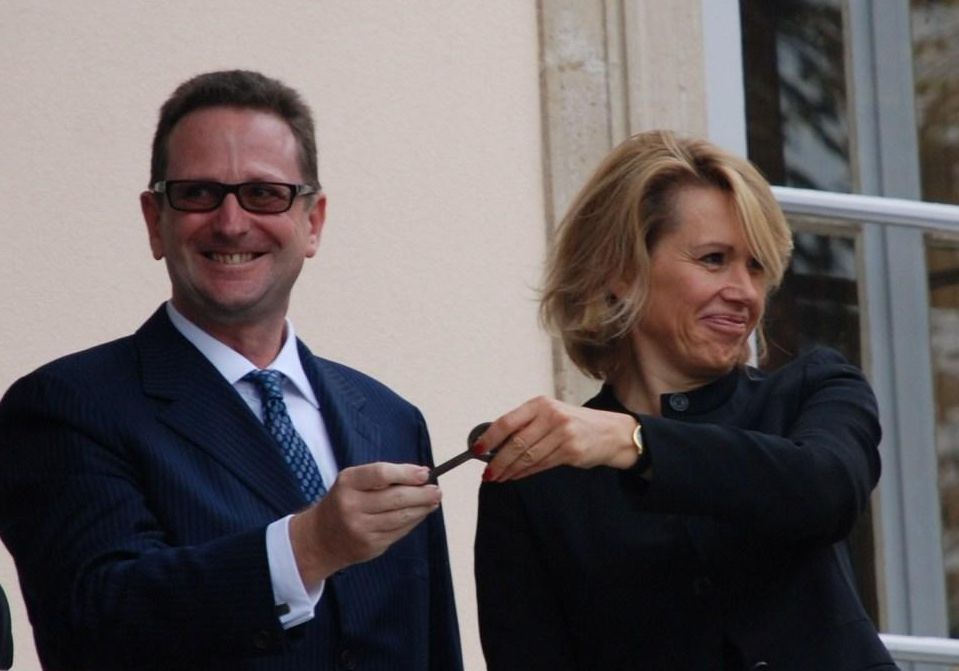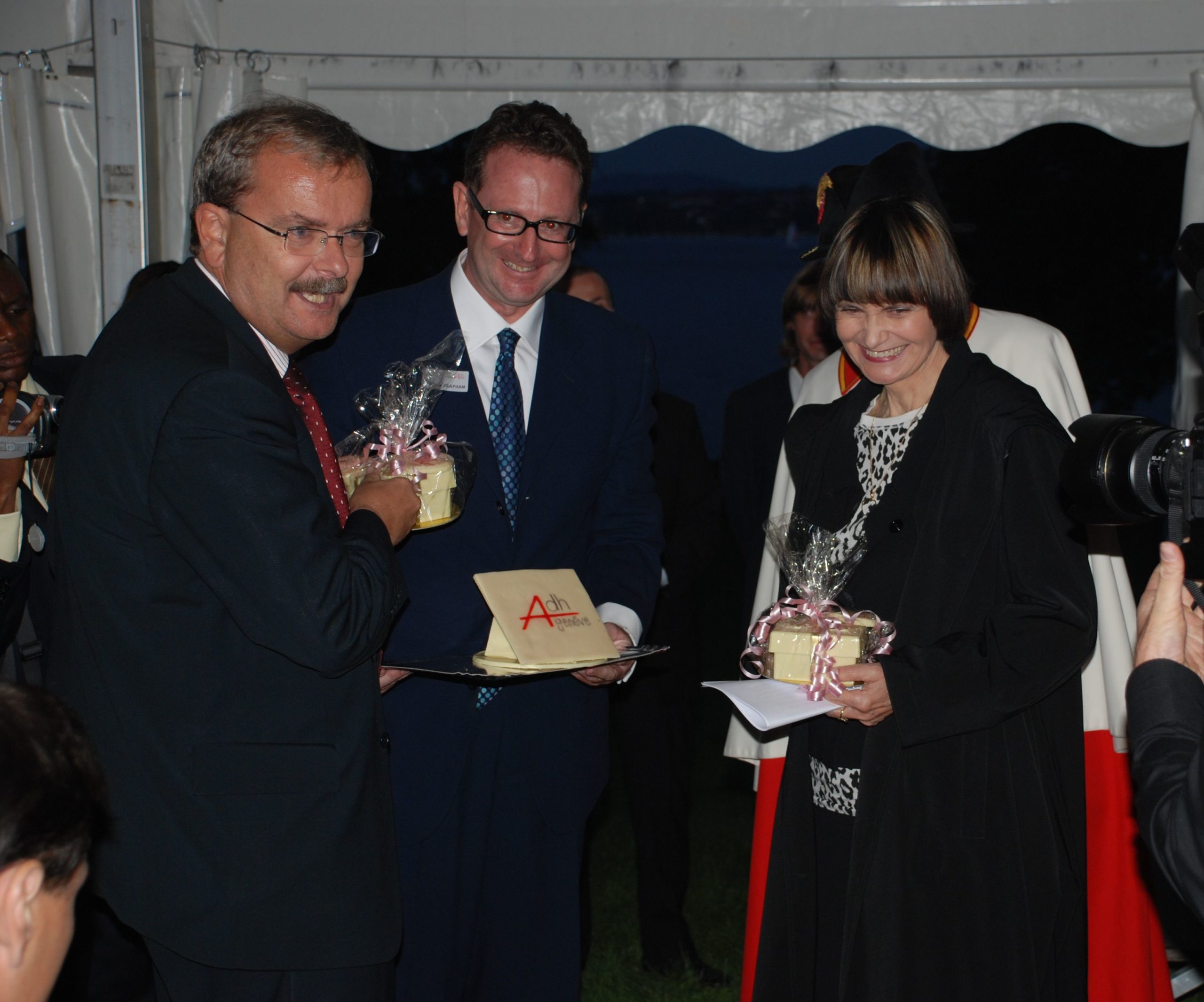The Geneva Academy contributes, through advanced education, research, and expertise, to the promotion and effective implementation of international humanitarian law, human rights law, and international law applicable in armed conflicts and transitional situations, including issues related to international responsibility for serious violations.
As a centre of reference jointly established by the University of Geneva and the Geneva Graduate Institute, it advances academic excellence and serves as a bridge between law and practice.
The Academy’s activities combine three complementary dimensions:
- Teaching – through its Master of Advanced Studies (LLM–MAS) programmes, executive education, and specialised training
- Research – addressing current and emerging issues of international humanitarian law, human rights law, and international law applicable in armed conflicts and transitional situations, including questions of international responsibility for serious violations
- Policy engagement – translating academic expertise into dialogue with decision-makers and practitioners
The Geneva Academy’s governance reflects its dual academic identity and the collaboration between its two founding institutions.
Shared Scientific Responsibility
In accordance with the Geneva Academy’s founding agreement, the scientific responsibility for all the Academy’s activities is jointly assumed by the University of Geneva — represented by its Faculty of Law — and the Geneva Graduate Institute — represented by its Department of International Law.
This shared responsibility underpins the Academy’s academic independence, methodological rigour, and the integration of expertise from both institutions across all programmes and research activities.
Our governance is composed of:
The Board, composed of professors and external experts, which ensures good governance, transparency, and accountability, and supports the Academy’s leadership in maintaining excellence in teaching, research, and policy engagement.
Academic Committees, including the MAS Committee and the Research Committee, which provide academic oversight and ensure the scientific rigour and coherence of the Academy’s programmes and research.
The Directoire des relations internationales, which continues to ensure institutional coordination, strategic direction, and coherence between the two founding institutions.
Two Co-Presidents, one from each founding institution, who jointly represent the Academy at the highest level and provide overall strategic leadership.
An Executive Director, responsible for the overall management and daily administration of the Academy, and for implementing the strategic orientations defined by the Directoire and the Co-Presidents, with the support of the Board.
Established in 2007, the Geneva Academy of International Humanitarian Law and Human Rights builds on the legacy of the Centre Universitaire de Droit International Humanitaire (CUDIH), created in 2002 as a joint initiative of the Faculty of Law of the University of Geneva and the Graduate Institute of International Studies (HEI), today the Graduate Institute of International and Development Studies. Supported by the Swiss Confederation and the Canton of Geneva, the CUDIH was conceived as a centre of excellence to strengthen Geneva’s position as the global capital of humanitarian law and to foster academic cooperation with the International Committee of the Red Cross (ICRC).
This pioneering model of joint governance and interdisciplinary engagement laid the foundation for the Geneva Academy. Its creation in 2007 responded to a pivotal moment in Geneva’s international landscape: the establishment of the United Nations Human Rights Council in 2006, which replaced the former Commission on Human Rights.
The Academy was designed to extend Geneva’s academic excellence in humanitarian law to the broader field of human rights, thereby reinforcing Switzerland’s role as a centre of expertise in these domains.
Leadership

Robert Roth, Paola Gaeta, Gloria Gaggioli, Andrew Clapham and Marco Sassòli, taken on the occasion of the 15th Anniversary of the Geneva Academy

In October 2009, the Geneva Academy inaugurated Villa Moynier as its new home, following a major renovation supported by the Swiss Federal Department of Foreign Affairs and the City of Geneva. The photo captures Professor Andrew Clapham, then Director of the Geneva Academy, holding the key to the villa alongside Professor Gabrielle Kaufmann-Kohler, then Director of the MIDS programme, with whom we share this historic building.
Since its foundation, the Geneva Academy has been led by distinguished scholars of international law whose vision has shaped its development and influence.
Directors of the Geneva Academy
- Andrew Clapham – Professor at the Geneva Graduate Institute; founding Director of the Academy (2007–2014).
- Paola Gaeta – then Professor at the University of Geneva Law Faculty; served as Director of Education (2007–2014) and later Director alongside Andrew Clapham (2010–2014).
- Robert Roth – then Professor at the University of Geneva Law Faculty, now Honorary Professor at the same Faculty; Director (2014–2018).
- Marco Sassòli – then Professor at the University of Geneva Law Faculty, now Honorary Professor at the same University; Director (2018–2020).
- Gloria Gaggioli – Associate Professor at the University of Geneva Law Faculty, now Vice-Dean of the same Faculty; Director (2020–2024).
- Paola Gaeta – Professor at the Geneva Graduate Institute; Director (2024–2025).
- Cécile Aptel – Executive Director (2026 to present)

This 2007 reception at Villa Barton marked the creation of the Geneva Academy. The photo shows Micheline Calmy-Rey, former President of the Swiss Confederation, together with Professor Andrew Clapham, the Academy’s first Director, and Professor Marco Sassòli, first President of the Board.
Presidents of the Board
The Presidents of the Board have also played a key role in guiding and supporting the Academy’s development over time. They include:
- Marco Sassòli, then Professor at the University of Geneva, now honorary Professor (President from 2007 to 2012)
- Nicolas Michel, then Professor at the University of Geneva and Adjunct Professor at the Geneva Graduate Institute, now Honorary Professor at the University of Geneva (2012–2018)
- Vincent Chetail, Professor at the Geneva Graduate Institute (2018–2024)
- Christian Bovet, Honorary Professor at the University of Geneva (2024–2026)
- Christian Bovet, Honorary Professor at the University of Geneva, and Paola Gaeta, Professor at the Geneva Graduate Institute, Co-Presidents (2026 to present)
The Villa Moynier, home to the Geneva Academy since 2009, stands as one of Geneva’s most emblematic landmarks of humanitarian history.
Built between 1846 and 1847, the Villa was the residence of Gustave Moynier, co-founder and first President of the International Committee of the Red Cross (ICRC). It later housed the League of Nations in 1926 and served as ICRC headquarters between 1933 and 1946. It was also within its walls that the draft of the first Geneva Convention of 1864 was prepared – an event that marked the birth of modern humanitarian law.
In 2008, the City of Geneva and the Geneva Graduate Institute signed an agreement granting the use of the Villa Moynier and its adjoining buildings to host the Geneva Academy. The Swiss Confederation contributed to the renovation, and in 2009 the Academy moved from its original premises at Uni Mail to the Villa.
In 2013, a commemorative plaque was unveiled in front of the building during the celebrations marking 150 years of humanitarian action, honouring the Villa’s historical role in the creation of the Geneva Conventions.
Today, the Villa Moynier remains a place of learning and reflection, connecting past and present – a living symbol of Geneva’s humanitarian tradition and a home for dialogue between law, justice, and humanity.

